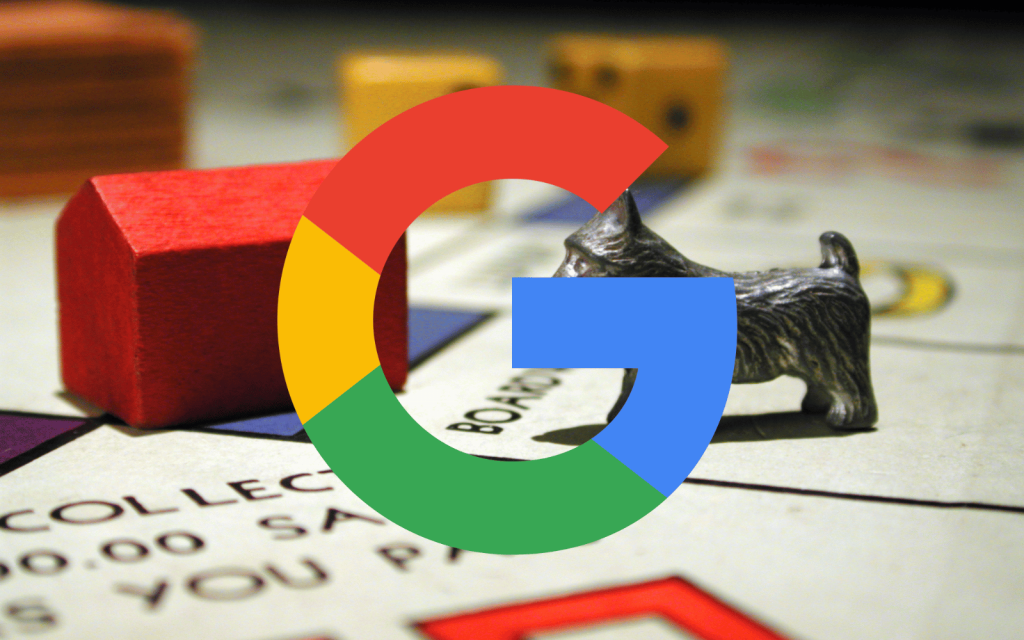The Competition Commission made a blockbuster announcement this month that Google needs to highlight, better, which results are paid for, potentially disrupting how the search engine giant shows its advertising.
The commission also focused on Google’s monopoly as the default search engine for Android smartphones.
The only surprising thing about this is why it took so long.
Google enjoys an unrepentant monopoly in search, both in South Africa and globally, while also dominating in mobile operating systems through Android.
“The inquiry has provisionally found that Google Search plays an important role in directing consumers to the different platforms, and in this way shapes platform competition,” the commission’s provisional findings from its online platforms market inquiry found.
“The prevalence of paid search at the top of the search results page, without adequate identifiers as advertising, raises platform customer-acquisition costs and favours large, often global, platforms.
“Preferential placement of their own specialist search units also distorts competition in Google’s favour.”
The commission wants paid-for results to be “prominently labelled as advertising, with borders and shading to be clearer to consumers, and that the top of the page is reserved for organic, or natural, search results based on relevance only, uninfluenced by payments”.
Not only is this scrutiny long overdue, but it also highlights how Google has become the 600kg gorilla in the room, in effect writing its own rules. US legislators have taken aim at its monopoly and are slowly creating new legislation to deal with it.
A more important problem is how bad Google’s search results have become.
“Compare Google search engine results over nearly two decades and a trend emerges: results are filled with advertising and non-Google results are lower down,” Washington Post columnist Geoffrey Fowler wrote in 2020.
“Right under our noses, the internet’s most used website has been getting worse.”
Read More: A Google software engineer believes an AI has become sentient. If he’s right, how would we know?
Google’s market share for search in the year to June 2022 is 91.6% in South Africa, just less than the global figure of 91.86%, according to Statscounter.
Investigative nonprofit organisation The Markup examined more than 15,000 recent popular queries and found that Google devoted 41% of the first search results page on mobile devices to its own properties.
It also found that so-called “direct answers … are populated with information copied from other sources, sometimes without their knowledge or consent”.
Fowler points out that “that’s how monopolies extract their price. Google is playing fast and loose with the whole idea of search engine, making sure the simplest and easiest-to-access results are either paid ads or information that keeps you on Google. Either way, Google wins – and, more often than we realise, we lose.”
The US Congress said in a report that “the effect of privileging Google’s own inferior services while demoting competitors’ offerings” has created a stark imbalance.
One of the most affected industries is travel. “The fact that Google is leveraging its dominance as a search engine into taking market share away from travel competitors is no longer even debatable,” says travel research firm Skift.
South Africa’s investigation into Google’s anti-competitive behaviour is very timely, coming as it does with greater global scrutiny of how Google has abused its dominance to make itself richer while decreasing the effectiveness of its search results.
For a company that began with the motto “Don’t be evil”, it is a stunning fall from grace.
- This column first appeared in the Daily Maverick




